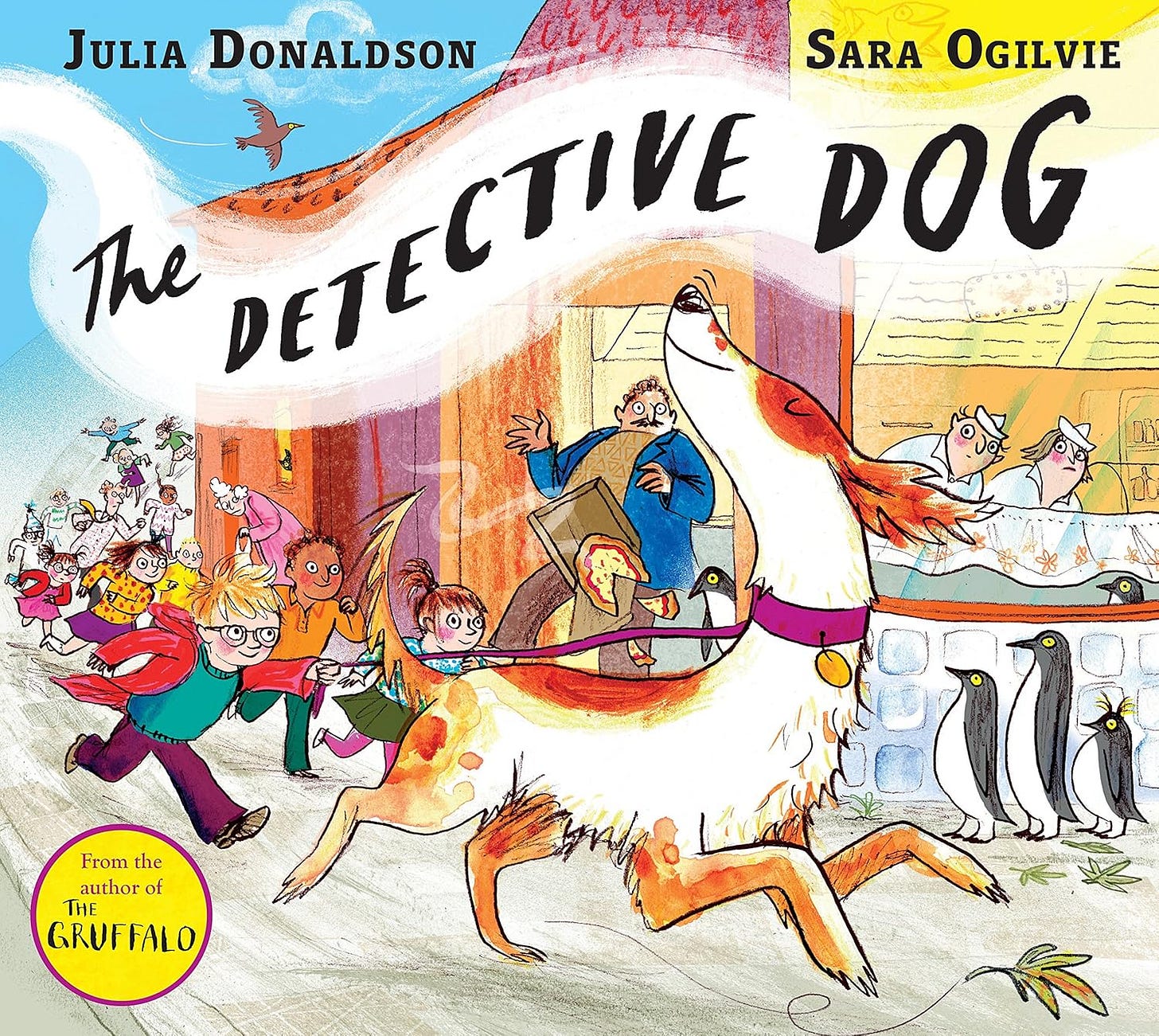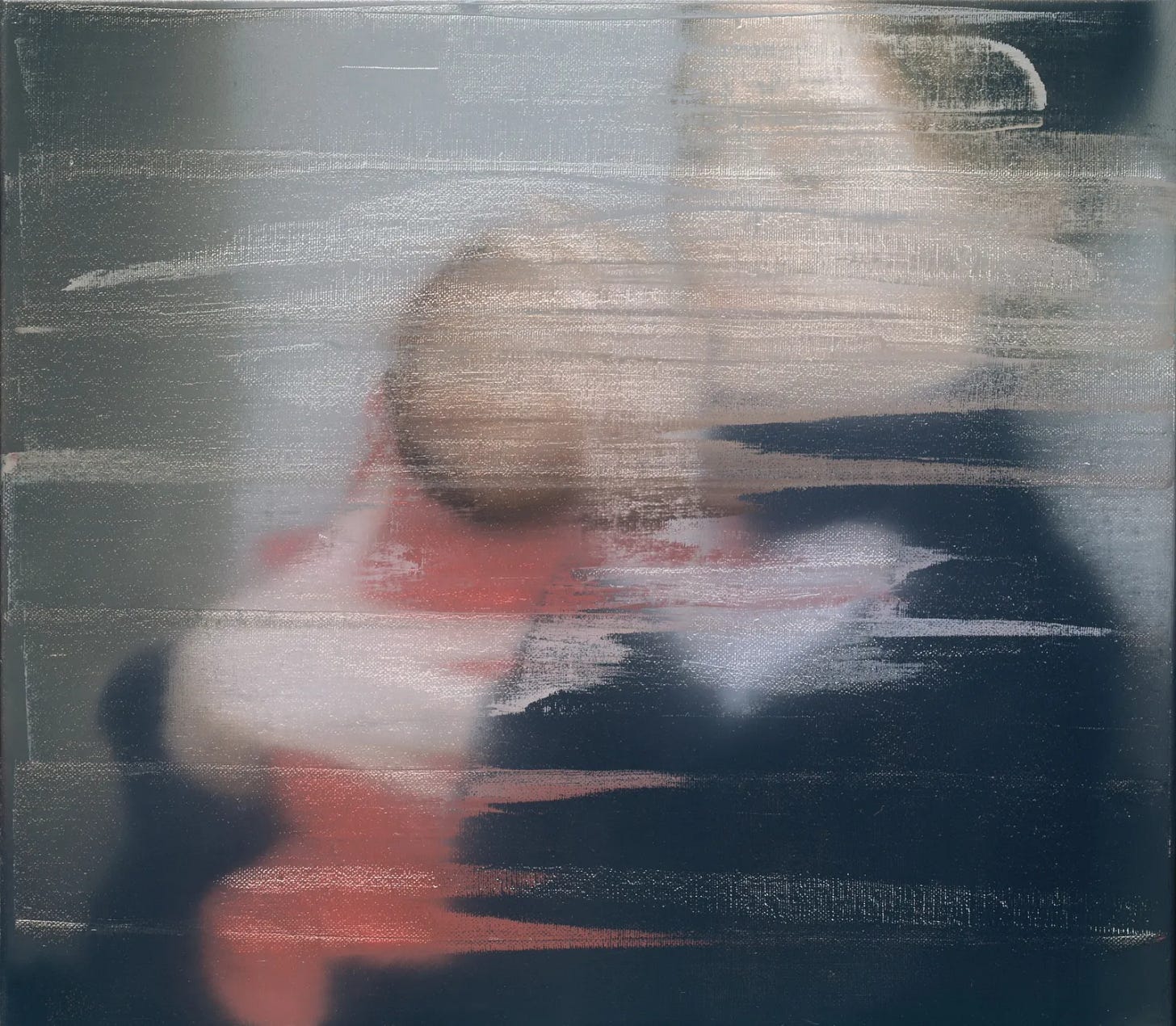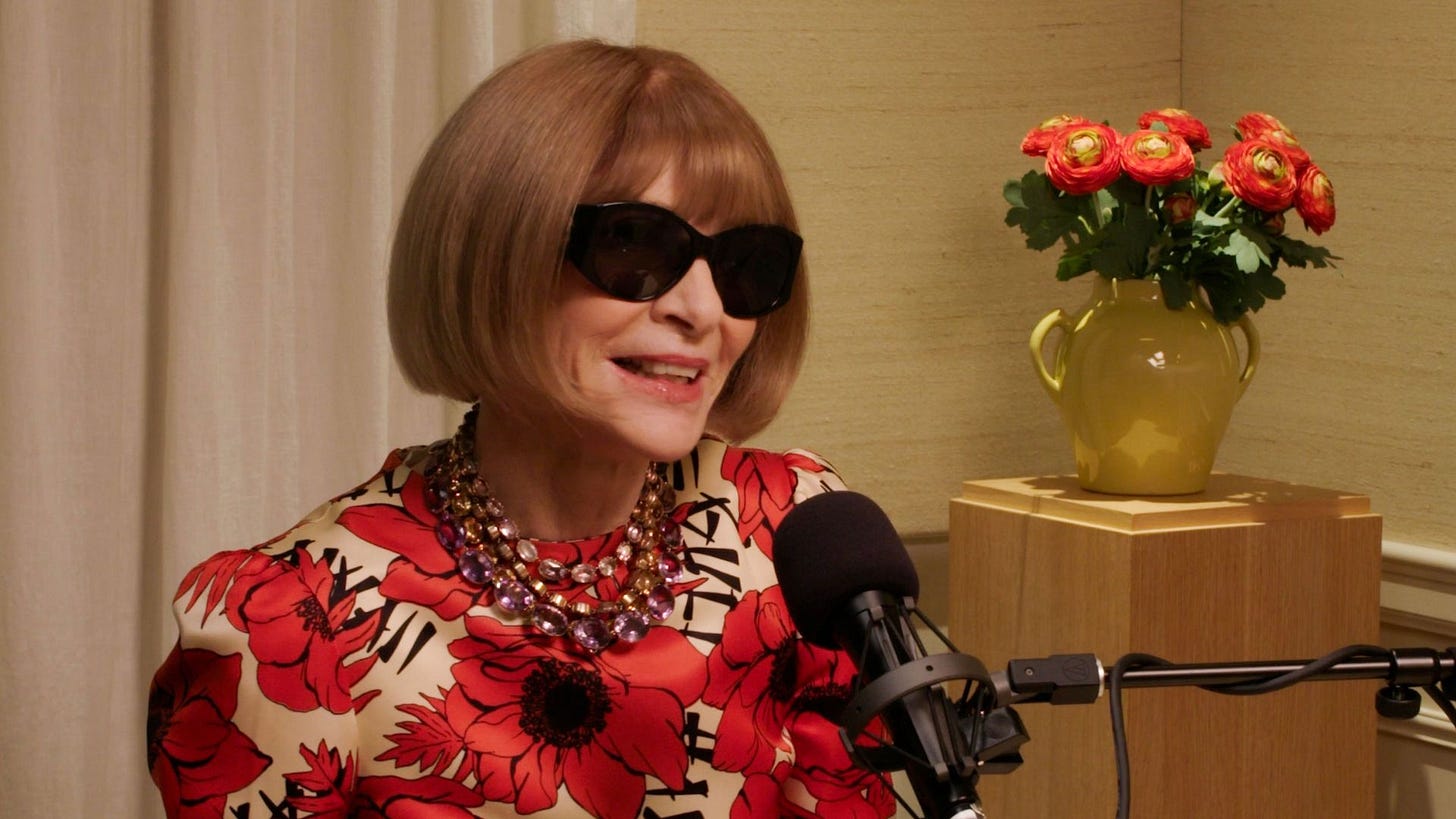Annie Ernaux for Granta, a Mike Kelley Profile, and Notes From the Lockdown
Nine articles I read this week and what I'm adding to my calendar in Paris.
In this week’s newsletter: notes from the lockdown, what I’m reading and listening to including a profile on Mike Kelley and Jamaica Kincaid, an essay by Annie Ernaux translated for Granta, Anna Wintour in conversation with David Remnick, Melvyn Bragg’s last episode for the podcast In Our Times, and more.
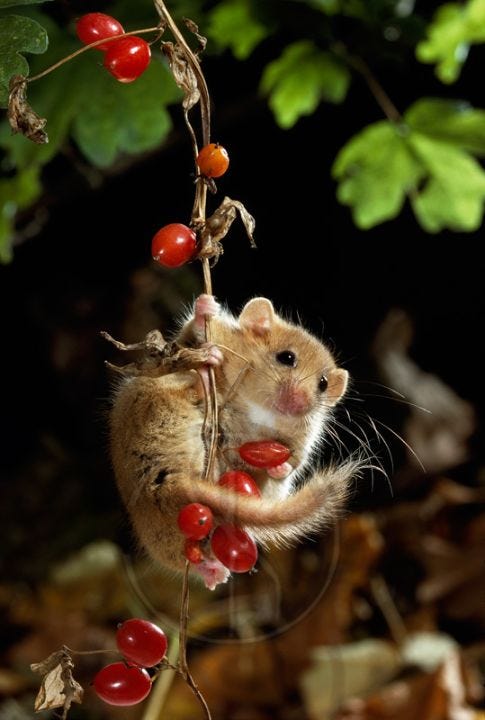
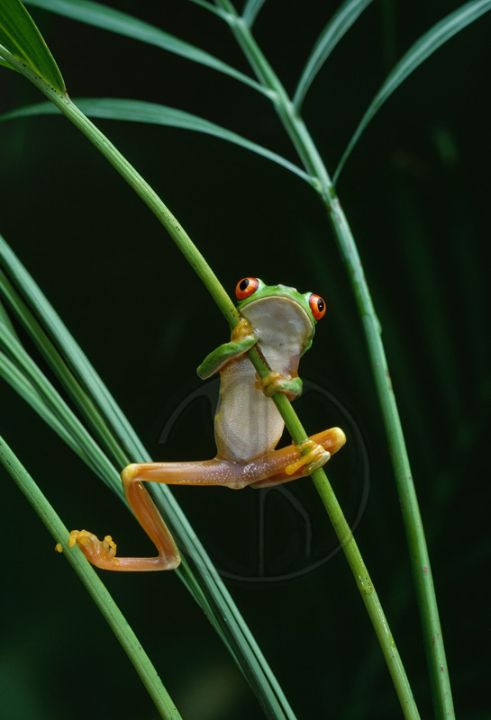
Notes From the Lockdown (April 15, 2020)
by Renata Mosci Sanfourche
I have taken a backseat to watch the lonelyhearts spread outside their doors into others, onto floors in foreign countries. They rattle on the streets and inside airports, they soar like torpid ghosts under the city’s chestnuts, mingling over taped-off benches, whispering invitations to sold-out evenings. Now flagrant, they glare together in daytime below our windows. One day we shall hang in our museum’s most meditative wings portraits of those who’ve chosen to charge their homes with their own demons, their own existence, their own thoughts—those brave ones who swore allegiance to their solitude for the sake of those who haven’t.
I write to you from my living room in Paris. In this room politicians have placed both hands on the table to pour the new rules before us, to urge us into the new order; earnest scientists from around the world have confided the urgency of our times, begging us to confront our fingerprint; and quiet, concerned voices have supplicated that we abstain from partisan play-offs.
During the last centuries we have let metastasize an empire in dissonance with our own nature. For our comfort we have made cities more prosperous than the country. Amazon warehouses sprout where fields once stretched, new skylines rise above history. Our dictionaries and encyclopaedias are obsolete; we value power over quality content, entertainment over freshness of thought. In the greed for more and easier we’ve made blind sacrifices. We’ve been too distracted to see the monsters we feed: executives gloating over quarterly profits, wellness gurus selling collagen pills, platforms designing feeds to addict us to the endless scroll. They build systems coated in pleasure and dipped in promises—an upgrade, a subscription, a like—raising walls of algorithms to keep us from looking at the truth, at nature. We are imprisoned by unreal needs, by our own consumption, and we have agreeably made our homes here.
Yes, I’ve been distracted too. Each year I watch more libraries shutter while our screens multiply, and I wonder if I’ve also let my own reasoning atrophy. We have lost our capacity to reason, for we reason not out of what we’re told, but with what we teach ourselves. What if we started to look nature directly in the face? Now more than ever we must trust in how we see our own God.
I’m unconvinced at the costs that come with our freedom to move, my freedom is nothing but an illusion. We were born rowing across the freedom nature afforded us, we were frightened by greater, more savage powers; today we move within systems, frightened by our own kind. We walk to the doctor to treat the diabetes we bred in aisles of processed sugar, the lungs we blackened in cities designed for cars, the minds we fractured by wiring them to screens. I’m consoled to know that the freedom taken from me during this pandemic isn’t real freedom. True freedom can’t exist in our times. We live in the freedom within the structures we’ve built, freedom provided by surveillance cameras, border controls, and paywalls.
A Visual Library
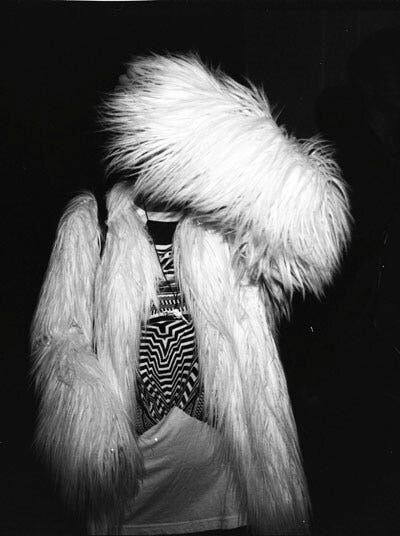
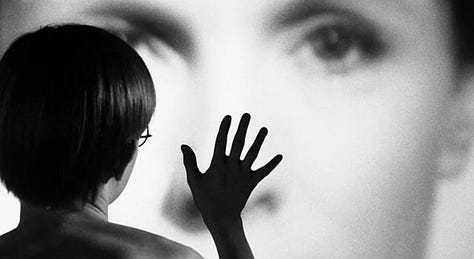
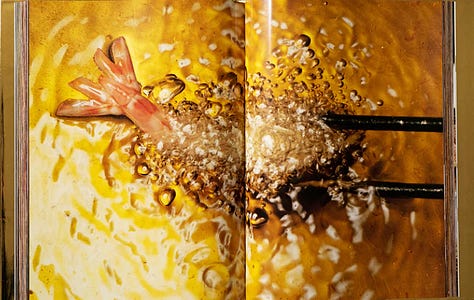
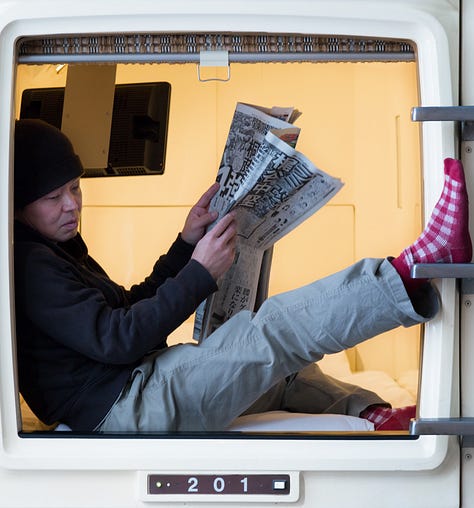
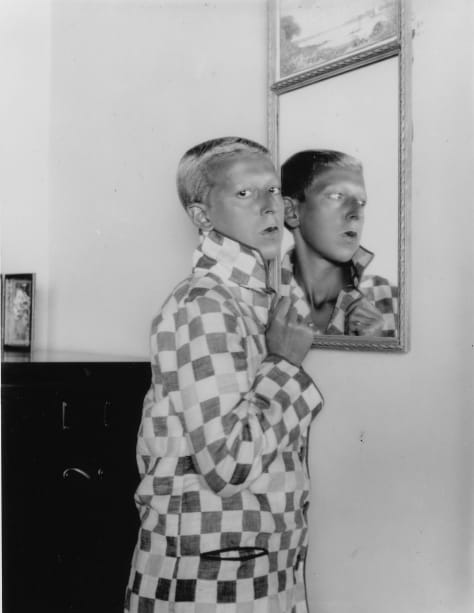
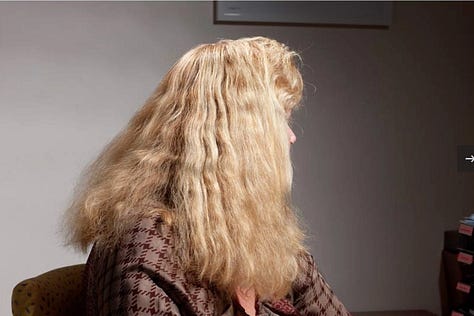
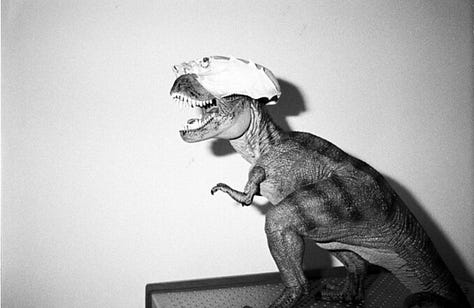
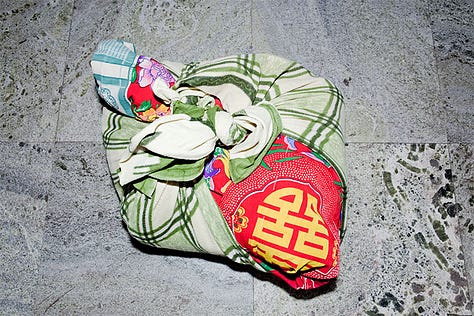
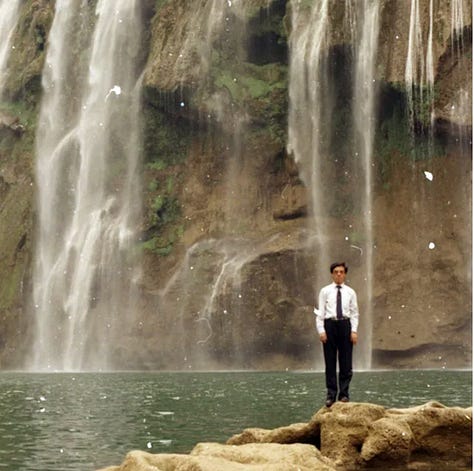
Currently at Rue de Chabrol
What my daughter is reading right now: The Detective Dog by Julia Donaldson and Sara Ogilvie.
What I’m reading in th emorning: Macbeth by William Shakespeare (Norton Critical Edition)
Things I’m listening to and reading while I read Walt Whitman: Melvin Bragg’s In Our Times episode, The American Scholar address by Emerson (which inspired Whitman to write “Leaves of Grass”), an essay by Jorge Luis Borges “Walt Whitman: Man and Myth”, and this lecture by Harold Bloom filmed by Electric Literature.
What I’m putting in my September and October calendar in Paris:
In conjunction with the publication of the book “From Graphic Design to Art” (MIT Press, 2025) Thomas Hirschhorn speaks with the American art historian Lisa Lee about the genesis of his work. On September 30.
The Gerhard Richter retrospective at the Louis Vuitton Foundation, opens on October 17.
When my husband asked me what I wanted for my birthday this year I thought it would be nice to have him pick out a book for me on French history (he’s French). But it turns out it’s a bigger task than we imagined, or at least that’s what the librarians at the history bookshop he visited told him. Truth is I need to sharpen up on all my French history knowledge. So we ended up figuring out a starting point that was chaotic and interesting enough to me: Napoleon. All to say the Louvre opens their fall exhibition on Jacques-Louis David, who painted the French Revolution, on October 15.
Meriem Bennani’s exhibition “Sole Crushing” at Lafayette Anticipations, opens October 23. I’m a fan of all her 2 Lizards films (on her instagram).
Maurice Pialat’s retrospective at the Cinematheque running through September.
A debate between the critic Nicolas Bourriaud and the artist Christian Jaccard on Tuesday, September 23, at the École de Beaux-Arts in Paris.
Nine articles I read this week:
Niela Orr’s profile of Jamaica Kincaid in The New York Times Magazine:
“I have this theory that you are who you are at 7,” Kincaid told me. “When you reach 7, that’s your life, and that you just repeat until you’re 100. Until you die, you’re 7. I find great comfort in that.”
For the last 26 years Melvin Bragg has changed radio with his BBC show In Our Times, possibly one of the only radio shows I’ve listened to regularly for years. In early September he announced his retirement, leaving behind a very interesting last episode on Civility.
Mike Kelley profiled by John-Baptiste Oduor in the New York Review of Books.
Chandler Fritz writes about the American education system for Harper’s Magazine and I couldn’t be happier to read someone that synthesizes what we may expect out of private and public schools in the years to come.
Joseph Kaplan Weinger, a doctoral candidate at UCLA researching the history of Israeli colonial settlements in the West Bank, wrote about the death of his friend Awdah Hathaleen for the New York Review of books.
Annie Ernaux’s essay “The Other Girl” about her dead sister is penetrating in its honesty, it was translated into english for Granta by Alison L. Strayer:
In the twenty-five years I’ve been visiting the graves, I’ve never had anything to say to you. According to the civil registry, you’re my sister.
It’s in French but France Culture’s podcast series on Maurice Pialat.
Anna Wintour in conversation with David Remnick for the New Yorker (video version). And then Chloe Malle’s interview with Vanessa Friedman for the New York Times.
I’m also being a journalism geek and reading Mark Warren’s feature for Esquire: “Right-Wing Media and the Death of an Alabama Pastor: An American Tragedy” which won him a Pulitzer this year.
What my husband is listening to:
A movie I’m thinking about:
Limite by Mário Peixoto
A Poem
Morning Street
by Carlos Drummond de Andrade (translated from the Portuguese by Thomas Colchie)
The splashing rain
unearthed my father.
I never imagined
him buried thus,
to the din of trolleys
on an asphalt street
giant palm trees slanting on the beach
(and a voice from sleep
to stroke my hair),
as melodies wash up
with lost money
discarded confessions
old papers, glasses, pearls.
To see him exposed
to the damp, acrid air,
that drifts in with the tide
and cuts your breath,
to wish to love him
without deceit
to cover him with kisses, with flowers, with swallows,
to alter time
to offer the warm
of a quiet embrace
from this elderly recluse,
discarded confessions
and a lamb-like truce.
To feel the lack
of inborn strengths
to want to carry him
to the older sofa
of a bygone ranch,
but splashes of rain
but sheets of mud beneath reddish street lamps
but all that exists
of morning and wind
between one nature and another
yawning sheds by the docks
discarded confessions
ingratitude.
What should a man do
at dawn
(a taste of defeat
in his mouth, in the air)
in whatever place?
Everything spoken, drunk, or even pretended
and the rest still buried
in the folds of sleep,
cigarette stubs
the wet glare of streets
discarded confessions
morning defeat.
Vague mountains
greening waves
newspapers already white,
hesitant melody
trying to spawn
conditions for hope
on this gray day, of a broken lament.
Nothing left to remind me
of the seamless asphalt.
Abandoned cellars
my body shivers
discarded confessions:
abruptly, the walk home.




